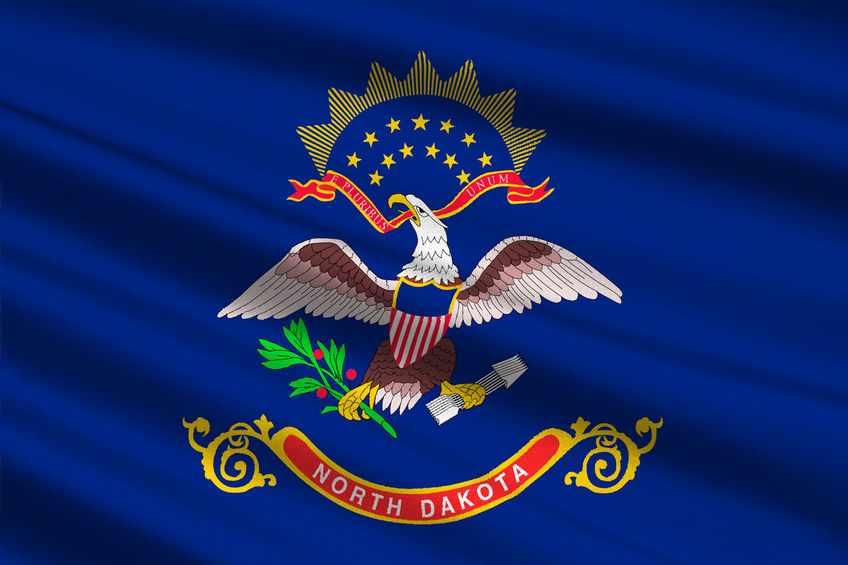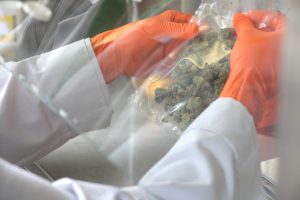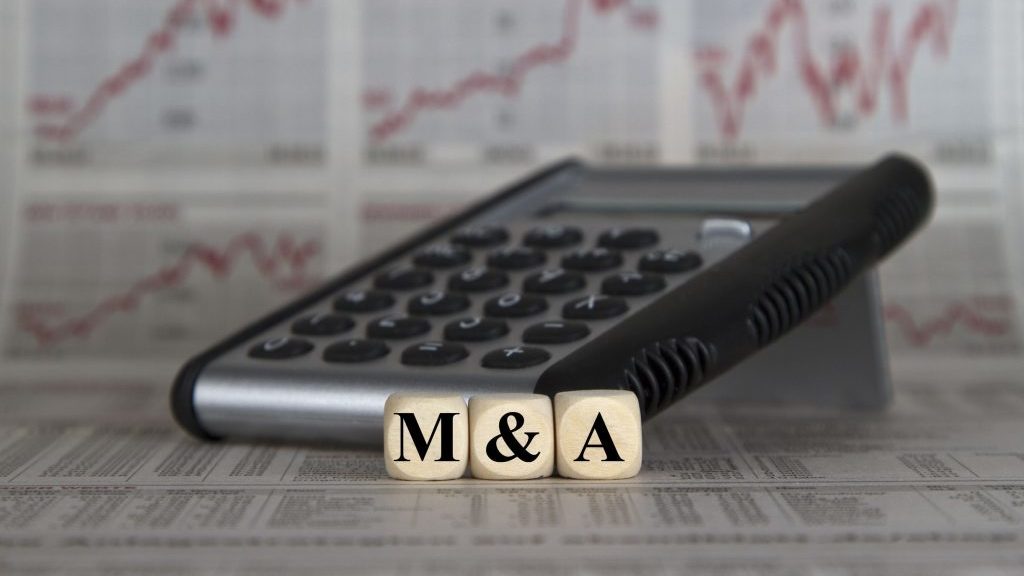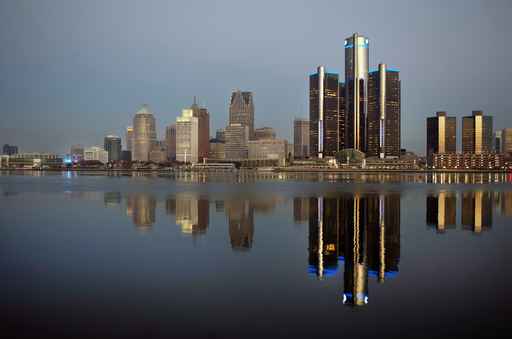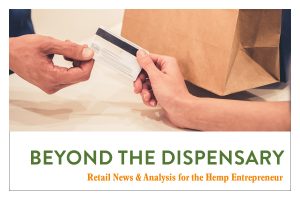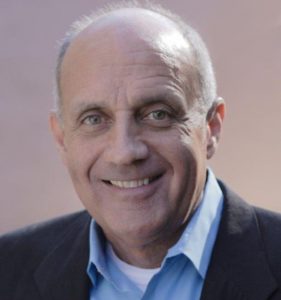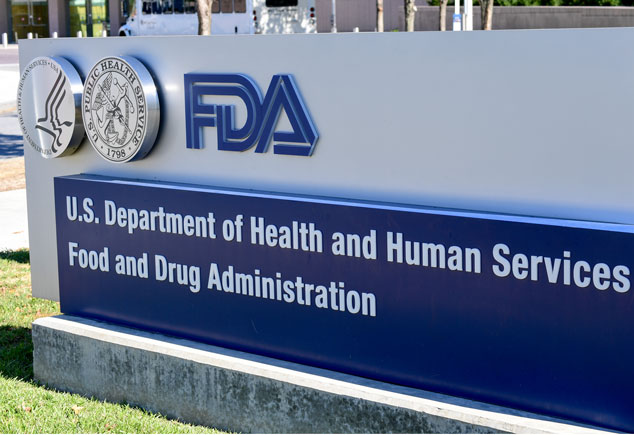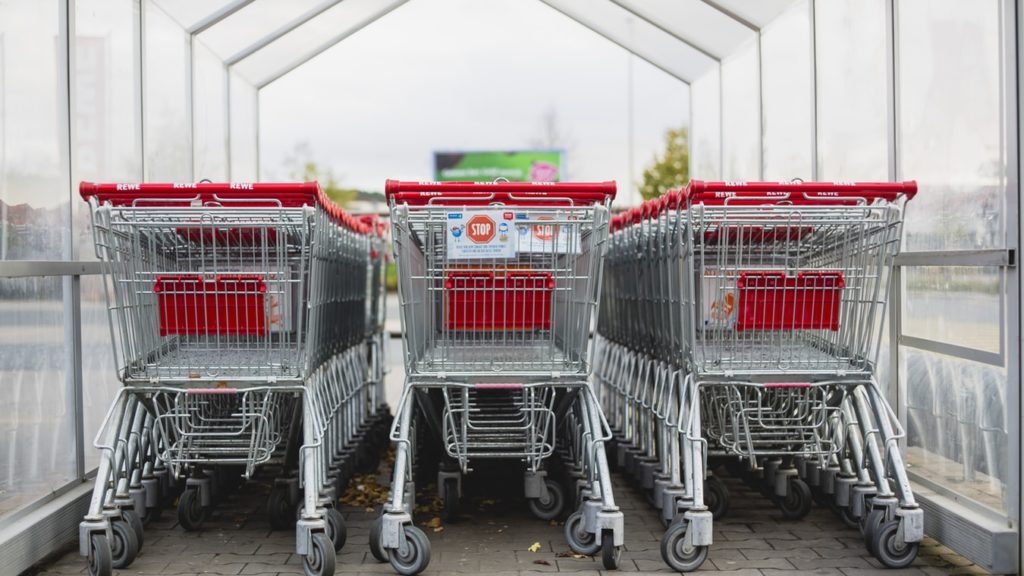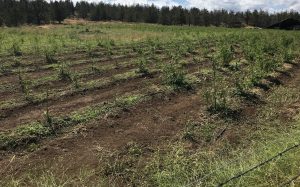Hemp Industry Daily has launched its second annual survey of hemp industry executives and investors, an undertaking that’s intended to help the Colorado-based company provide key market, financial and operational data for businesses and entrepreneurs. Owners, founders and executives of hemp operations – from growers and processors to retailers, as well as investors funding hemp […]
Keegan MacDonald
Posts by 'Keegan MacDonald'
A North Dakota vape shop owner who sells CBD has succeeded in getting criminal drug charges against him dismissed, after a two-year battle that went to his state’s Supreme Court. The retailer, Falesteni A. Abu Hamda, was charged with seven drug crimes in 2017, when police seized CBD vape pens and gummy bears from two of his Tobacco Depot shops. Hamda argued […]
Federal agriculture authorities are struggling to craft a nationwide THC testing standard so that state and local regulators can tell hemp from marijuana, complicating the release of standardized production rules, according to an official with the U.S. Department of Agriculture. William Richmond William Richmond, head of the Specialty Crops Program in the USDA’s Agricultural Marketing […]
CBD manufacturers in the Southeast and Mountain West are merging to increase market penetration and align production. RE Botanicals of Boulder, Colorado, and Palmetto Harmony of Conway, South Carolina, announced the merger Monday. The new company is called RE Botanicals, though Palmetto Harmony will remain a brand name of CBD capsules, tinctures, topicals, vape oils […]
Michigan regulators have adopted rules that create testing standards for farmers’ first crop of industrial hemp. A pilot program was launched this year allowing for the growing and processing of hemp in the state. The Michigan Department of Agriculture and Rural Development (MDARD) announced emergency rules that establish sampling and analytical testing methods for measuring […]
(First in an occasional series on the challenges and opportunities faced by CBD companies in getting their products to market.) Mainstream retailers are contributing to the validation of the CBD category as national store chains continue to join the movement, driven by consumer demand and interest. The trend snowballed when national pharmacy chain CVS announced […]
The booming CBD industry is eagerly waiting to see if U.S. health regulators change course and start allowing cannabinoid treatments in food and dietary supplements. Many are hoping the U.S. Food and Drug Administration (USDA) will condone over-the-counter CBD products while setting production and purity standards to eliminate inferior CBD products from the market. Against […]
CBD treatments are promising, but far more research needs to be done before federal authorities can allow them in foods and dietary supplements, according to a leader of the U.S. Food and Drug Administration’s new cannabinoid work group. Talking to the National Industrial Hemp Council, Lowell Schiller warned CBD producers in attendance that the FDA […]
Charlotte’s Web, a Boulder, Colorado-based CBD manufacturer, on Wednesday reported revenue of $25 million for the second quarter ended in June, up 45% from the same period a year ago. Profit for the quarter was $18.8 million, up 35% from the previous year. Meanwhile, the company also announced that Chief Financial Officer Richard Mohr is […]
This hemp farm was on the edge of the Aug. 9 hailstorm in Central Oregon. All of these plants were 3-5 inches tall and healthy the day before this photo was taken. (Photo by Barrett Dash) Hemp farmers in Central Oregon were faced with a situation no grower wants to see on Aug. 9, when […]

